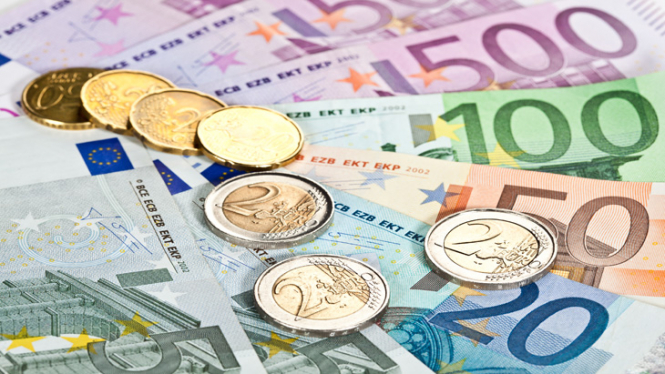
The euro fell by almost half a percentage point on Friday after the publication of data that showed that economic growth in the region may slow down.
Against the euro plays a decline in business activity in the eurozone. In addition, the fall accelerates the ongoing trade war. The growth of the private sector in Germany has slowed to the lowest level in the last four years, as exports have plunged in Europe's largest economy. All this will be of interest to the ECB, which is expected to close its asset purchase program next month. If we add here another budget dispute with Rome, then the conclusion is the only one, the environment for the euro is becoming more hostile.
The eurozone economy has weakened significantly in recent months, and if this is not a temporary downturn, then the ECB will have to continue to adhere to the expansionary monetary policy. Of the positive factors for the euro and pound, the main one is the draft text of the agreement, which was agreed by the United Kingdom and the European Commission. However, EU leaders still have to ratify the agreement at the summit on Sunday, and Prime Minister Theresa May will then have to conduct a deal through a deeply divided British parliament.
The weakness of the euro supported the dollar, which fell during two consecutive trading sessions. Further growth of the American currency is holding back growing skepticism regarding the pace of interest rate increases in the Fed in the future. Most likely, the dollar will remain in a narrow range in the run-up to a meeting between American and Chinese leaders at the G20 summit in Argentina at the end of the month, and the markets will monitor any signs of whether they will agree to de-escalate a trade war.
